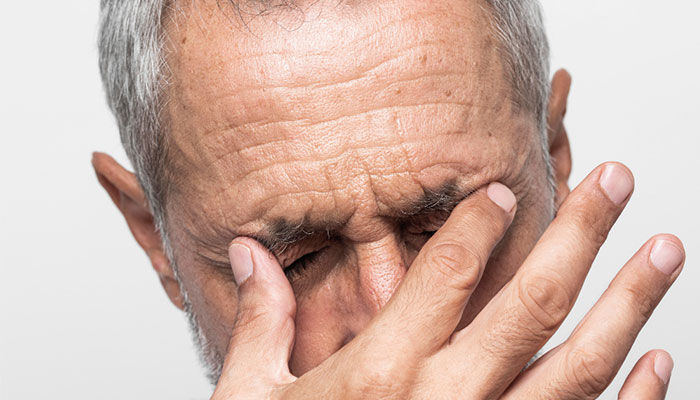A stroke sometimes referred to as a brain attack is caused by a blockage of blood flow to a particular area of the brain or a rupture of a blood vessel inside the brain. Without regular blood flow, brain cells in this region begin to die due to lack of oxygen.
Signs and Symptoms of Stroke
- One-sided weakness or paralysis
- Loss of speech
- Slurred speech
- Loss of muscle control
- Sudden loss of senses
- Blurred vision
- Loss of coordination
- Dizziness
- Nausea
- Vomiting
- Neck stiffness
- Seizures
- Memory loss
- Headaches
- Coma
Causes of Stroke
- Clotting disorders
- Heart defects
- High blood pressure
- Brain aneurysms
- Brain tumours
- Certain diseases
Understanding Stroke in Ayurveda
In Ayurveda, stroke is believed to result from an imbalance in the body’s doshas, particularly Vata dosha. Factors such as improper diet, high stress, sedentary lifestyle, and certain health conditions can aggravate Vata dosha and lead to blockages in the blood vessels, impairing blood flow to the brain.
Treatment and Management
The treatment for a stroke typically involves swift medical intervention. Ischemic strokes are often treated with clot-dissolving medications, while haemorrhagic strokes may require surgery to stop bleeding. Rehabilitation, including physical and speech therapy, is crucial for recovery. Prevention strategies such as lifestyle changes, managing risk factors like high blood pressure, and medication may be recommended to reduce the risk of future strokes. Rapid response is essential for the best outcomes.
Care offered by SGP’s PSA has been demonstrated to be effective in alleviating symptoms and enhancing the quality of life for patients with stroke. The primary focus of care delivered by the PSA is to manage symptoms, address emotional and psychological distress, and improve overall comfort.
FAQs about Stroke
-
Haemorrhagic strokes involve bleeding within the brain, often caused by a ruptured blood vessel, while ischemic strokes result from blocked blood vessels, causing a lack of blood flow.
-
Some medications, like certain birth control pills or blood thinners, may slightly increase stroke risk. So, it is recommended to consult the healthcare provider before taking any medications.
-
The risk of stroke increases with advancing age, with those aged 70 and over having the highest risk. However, stroke can occur at any age. Men have a slightly higher risk of stroke than women.
-
The extent of recovery varies depending on the degree of brain damage. Individuals who experience a mild stroke may experience only minor impairment, such as a weakened arm or leg. On the other hand, a severe stroke may lead to an inability to read, write, or speak. It may also result in paralysis. With rehabilitation therapy, stroke victims can recover with minor impairments and some individuals can recover almost completely.
-
It is recommended to begin exercising gradually to build up strength. Activities that can be taken up include walking, jogging, running, cycling, swimming, etc. A minimum of half an hour of walking daily for the initial period of recovery is sufficient. It is important to consult with a medical professional before initiating any exercises.






